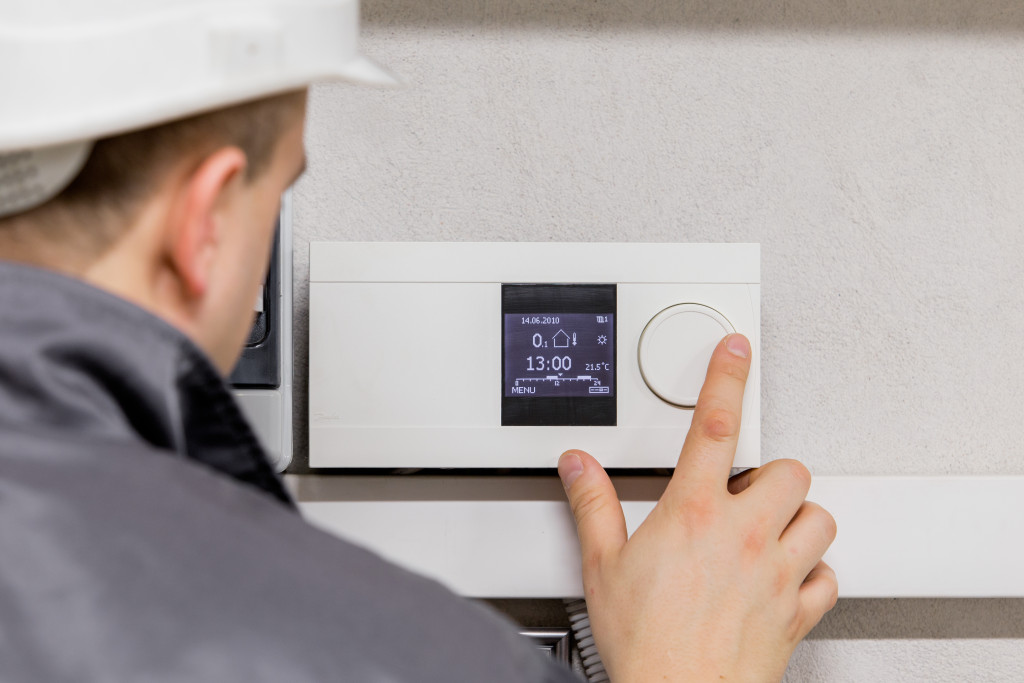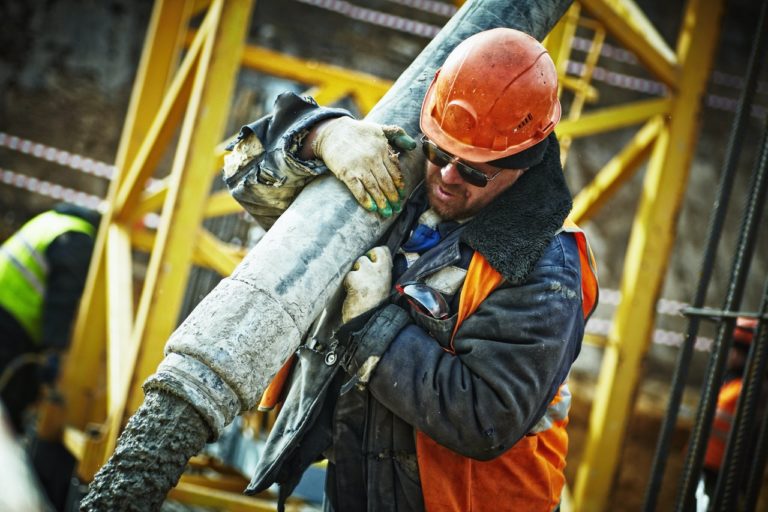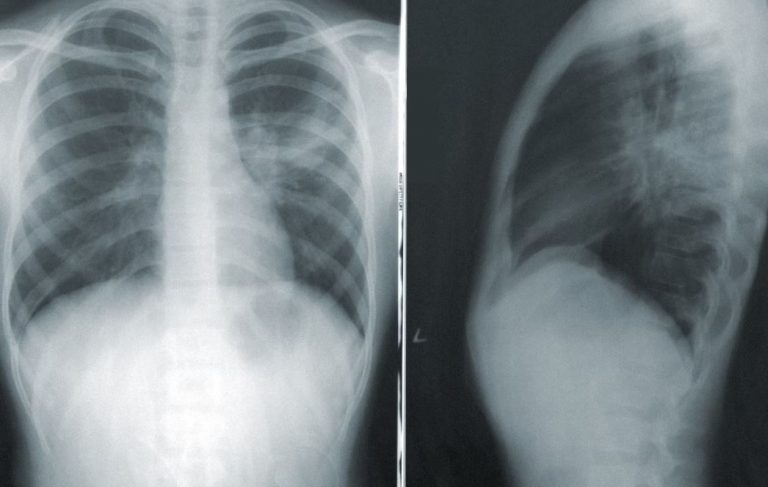Energy-efficient residential and commercial structures will be more important as the world population grows. There are many strategies that we can follow to save more energy while protecting the environment and being cost-effective. Here are some practical solutions to promote the conservation of energy in your building:
Consider Waterproofing
Aside from protecting surfaces from damage, waterproofing can also help improve the energy efficiency of a building. Your HVAC (heating, ventilation, and air conditioning) system tends to work harder when there are temperature changes and make it consume more energy. Waterproofing helps prevent moisture from entering the building, maintaining temperature regulation.
Your deck is one of the most important parts of the building that needs waterproofing as it’s constantly exposed to harsh elements. Opt for waterproof deck coatings to help lower your energy bills and protect your building against UV radiation and weather damage.
Use Energy-efficient Lighting
Conserve energy by using energy-efficient lighting on the inside and outside of the building. Opt for fluorescent lighting as it is more efficient than incandescent bulbs, and you can save more in the long run. Other good options are LED lights, which last longer than fluorescent bulbs and emit a low amount of heat.
For long-term investment, switch to solar power as you’ll be able to save more money. This natural source of energy not only cuts your bills but also reduces carbon dioxide emissions by providing a renewable and clean source of energy.
Maintain Efficient Cooling and Heating Equipment
If a building’s heating and cooling equipment is used for more than ten years, it needs frequent repairs, and your energy bills will continue to increase. It may be time for you to upgrade to more efficient equipment to maintain a comfortable temperature throughout the building. For example, if you’re still using a traditional tank-based water heater, switch to a tankless water heater as it uses less energy compared to traditional ones.
Proper maintenance is also essential to increase the efficiency of your heating and cooling system. Make sure to check your air filters monthly, especially after heavy use in summer and winter. Changing air filters every three months is recommended because prolonged dirt buildup can lead to expensive maintenance costs or early system failure.
You can also install a smart thermostat that lets you control the cooling and heating settings from your computer, smartphone, or tablet. This can avoid wastage as you can conveniently monitor your power usage that can eventually lower your monthly bills.
Also, seal your cooling and heating ducts to further improve their efficiency. It can also minimize the risk of leaky ductwork that can cause gases to be drawn back indoors rather than expelled outdoors. You’ll have better airflow inside without causing your HVAC system to work too hard.

Improve the Building’s Insulation
Insulation of walls, floors, and ceilings can save more on your annual energy costs. It keeps your space cooler in the summer and warmer in the winter, so you’ll experience a significant decrease in your bills. It also acts as a good sound absorber, so there will be less noise in your home or office.
Good insulation also helps with moisture control as it helps minimize water in spaces where there’s too much moisture, such as basements and attics. This helps contribute to your building’s energy efficiency and overall comfort.
You can also cut energy costs in your water heating by insulating exposed piping and the water storage tank to avoid losing heat quickly as the water moves from the heater. Insulation blankets are good investments as they’re inexpensive and can have a significant impact on your energy bill.
Ensure a Strategic Building Facade
A strategic building facade can also have an impact on your energy consumption. For instance, if your building is designed with windows facing the sun, then you’ll have natural heating during colder seasons. You can add fixed or movable awnings so you’ll have access to shades if you don’t want the heat from the sun.
You can also invest in smart windows that help reduce the amount of sunlight that enters your home or office. They help maintain a comfortable temperature and serve as extra protection against energy loss.
Final Thoughts
Simple things like choosing LED lights, ensuring regular maintenance of your HVAC system, and waterproofing can make a huge difference in your building’s energy efficiency. These will not only help you save more money, but they also help preserve our natural resources and sustain the environment through the continuous reduction of our carbon footprints.

















